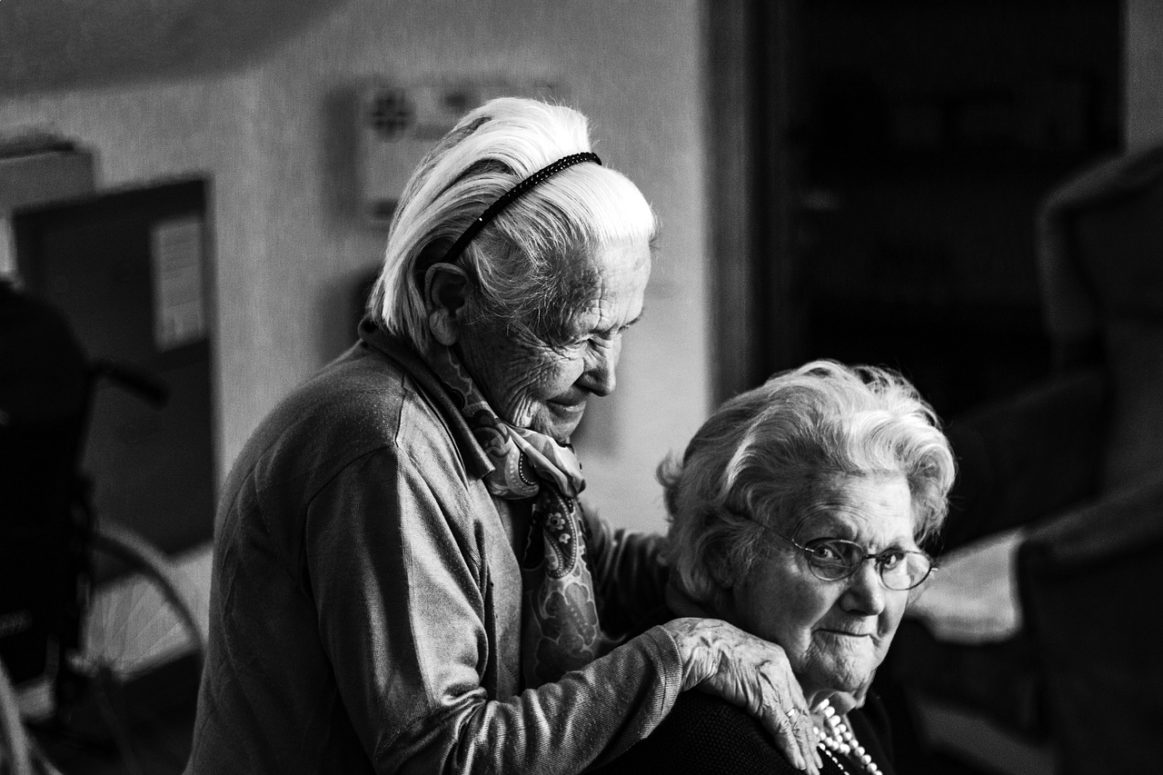Elder Care and Engagement for Canadians
- Anne Thompson
- Atlantic Canada
- Canada
- Eastern Canada
- Northern Canada
- Op-Ed
- Western Canada
- October 23, 2020

Canada’s Healthcare is Failing Our Seniors: a change in administrative focus may fix it
Enforceable standardization of guidelines, regulations and expectations for elders’ care ought to begin by working in cooperation with provinces, territories, and stakeholders to remove seniors’ care from the purview of healthcare, then developing legislation to integrate elder care and engagement into the public system through the Family and Social Development portfolios. This will eliminate the oft-decried tensions and obvious tug o’ war between needs for acute health care and needs for seniors’ supportive care, utilizing the social model of care with adjunct medical care.
Canada’s ten provinces, three territories and federal government each have a number of programs for “care”, for “engagement”, and for other objectives (such as ameliorating the effects of the condition of poverty and supporting family- or domestic partner caregivers), and need a national strategy for elder care and engagement (ECE) based on initiatives to promote healthy aging.
Organized ECE services across Canada are in short supply, are for the most part not labour-force sensitive, are too costly for ordinary families, and are not assured to be of sufficiently high quality to be safe, enriching, healthy and secure.

Since Denmark has proven that community care is cheaper than care from typical long-term care (LTC) facilities in Canada, the Minister of Families, Children and Social Development, also responsible for CMHC, could and should operationalize a plan to help Canadians make their homes more suitable for the needs of seniors by offering to homeowners and landlords, up to $60,000 in interest-free lending for retrofits.
And since the need will always exist, those who require more care can go to small community group homes.
In these homes or communities, what may be called a common sense approach ensures routine practices and regulations, in which all staff has a responsibility to assess prior to any interaction with residents, other staff, and visitors, are based upon recognizing that all entering the premises are human beings, and upon including and emphasizing quality of life, with a focus on the current space and time (‘living in the moment’) and on the exercise of empathetic social behaviours in order to generate a culture of care that supports the emotional and mental health of the residents.
In order to eliminate direct care to elders provided by part-time, unregulated, personal support workers with poor wages and benefits in unsafe working conditions, the federal, provincial, and territorial governments must cooperate to support an integrated Elder Care and Engagement strategy that
- extends culturally-appropriate trauma-informed care to all Canadian elders regardless of Canadian residence;
- encourages creation of programs to foster the physical, social, emotional, intellectual and spiritual maintenance or improvement of elders, reducing distinctions between physical care, malady prevention and demonstrated appreciation of their inherent value;
- affirms life and regards dying as a normal process;
- maximizes community control over service design and administration, including providing for small communities (under 5000) with a need to provide a local continuum of care to elder community members;
- offers one-stop accessible funding;
- focuses on supportive care, the approach that improves or maintains the quality of life of seniors and their families facing the problems associated with aging with dignity, and on the creation of support systems to help seniors live as actively as possible;
- promotes life-partner, domestic-partner, and close-family involvement;
- offers choice in elder-centred caregiving options;
- utilizes Personalized Point-of-Care Quality-of-Life assessment that is routinely reviewed and updated in response to senior’s condition
- outlines the accountability chain and to whom responsibilities are assigned, as well as traceability of fund transfers, and transparency through annual standardized reporting to Parliament of collected verifiable data and programming outcomes, and publication of these reports;
- supports enforcement of national standards by making funds conditional to adherence, with enforceable significant material and/or financial penalties for noncompliance;
- specifies standards of staffing levels, qualifications, and compensation, and of building and environment conditions, including annual and random inspections
- ensures the Government’s investments in home care, palliative care and community care are well coordinated and are having the intended impacts; and
- learns from and builds on federally supported programs that prove successful in supporting the needs of seniors and their families.

Success of our Canadian society is linked to the wellbeing of each and every citizen. Putting into practice the underlying philosophy that every Canadian, no matter how ill or how old, retains control over their temporal autonomy, one’s personal power of control over one’s self to make decisions without being coerced, will go far to achieving this goal.








